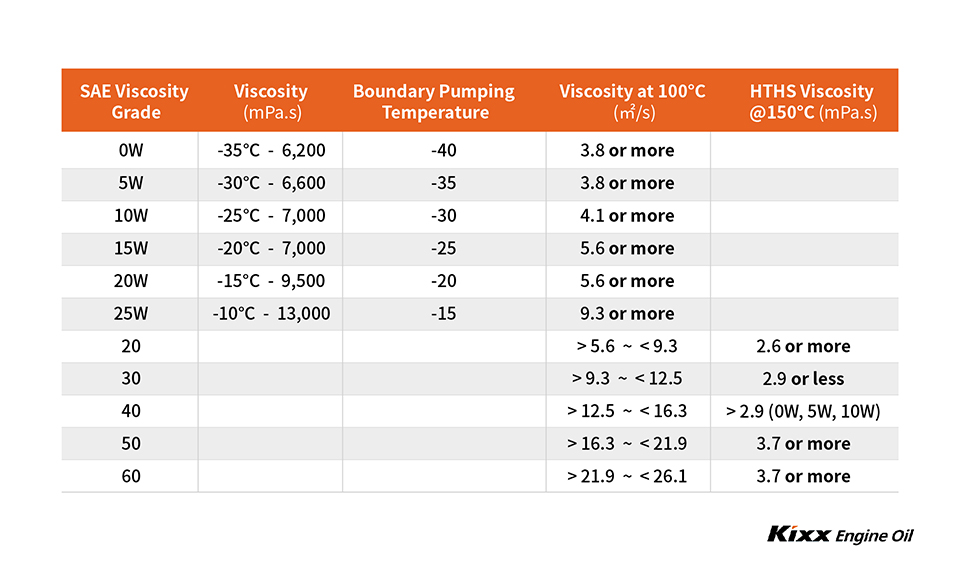I’m just going to come out and say it: I think the VI race to 200+ is dumb, and does not really offer any benefits that outweigh the possible downsides.I do wonder why Porsche and GM (C8) have settled on 0W-40s for their flagship cars sometimes. It seems like a strong 5W-30 or 40 would be better almost everywhere other than Siberia. The HPL No VII Euro 5W-30, Ravenol VMP, etc. have about the same HTHS as M1 FS 0W-40 and presumably far less VM.
I just mentioned this in another thread, but the Porsche M1 ESP X3 0W-40 in particular has a really high VI of 204 and 14.1 cSt KV100, 3.8 cP HTHS. Is this primarily to improve fuel economy during warm-up in the test cycles? I guess it makes sense viewed through the lens of having one oil for all regions (0W) and getting losses as low as possible in fuel economy tests.
We’ve seen oils with very high VI (original TGMO, Eneos, now Mobil and a few others that appear very impressive on paper have results in UOAs that fall short of their promises when they’re poured into the sump. High Noack, lots of viscosity loss/mechanical shear, and possibly increased intake valve deposits, and internal engine deposits from said VM if the oil is not formulated with ANs & esters.
On the flip side, we have oils with lower VI and much less (or no) VIIs that have much lower Noack and maintain closer to the original viscosity much better even over extended intervals. Considering that the vast majority of the continental US never TRULY needs a 0w oil, I find it hard to reconcile the infatuation with oils that chase VI over maintaining grade & cleanliness over the full OCI.
In my admittedly non-professional opinion, it seems like the “sweet” spot for an oil could be in the 160-180 VI range. This allows the use of heavier base oils with minimal VII, and also minimizes the negatives associated with oils in the 200-220 VI range.
This just happens to be the same real estate occupied by HPL’s No VII oils.


